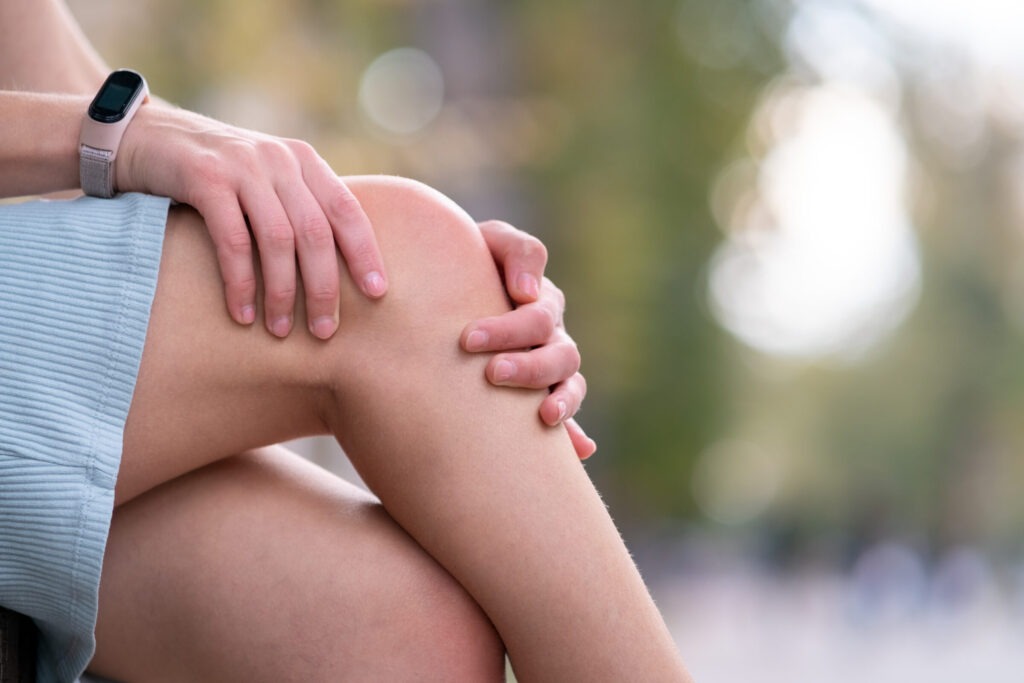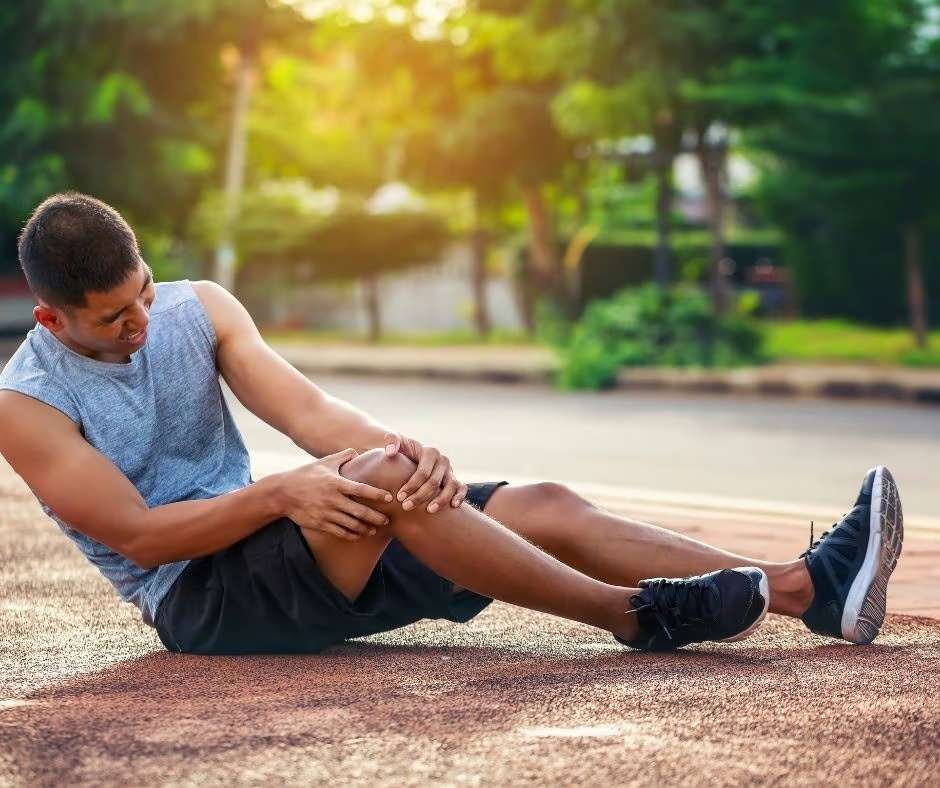
Knee pain is a common issue that can affect people of all ages, often caused by overuse, injury, poor biomechanics, or conditions like arthritis or patellofemoral pain syndrome. At South Dublin Podiatry, we assess how your lower limbs—especially your feet and walking pattern—may be contributing to the problem. A thorough biomechanical assessment helps us identify the root cause, allowing us to tailor a treatment plan to your needs.
Treatments that may benefit your knee pain include:
Our goal is to reduce pain, restore movement, and support long-term joint health, so you can stay active and comfortable.

If you’ve got knee pain, stiffness or an ache – it’s very tempting to think that it’s nothing, that it will go away on its own. Or, you might pass it off as having just over done it, or that it’s just a “ache” or a bit of stiffness that “everyone” your age suffers from…
There’s no obvious reason why it happened – but it doesn’t seem to be shifting and its been there a good while now.
If that’s happening to you, you’re not alone – and we hear this type of thing all the time. In fact, long term knee pain is one of THE most common problems that we see in South Dublin Podiatry.

Our experienced and knowledgeable practitioners will examine :
The team at South Dublin Podiatry are experts in knee pain.
We use the latest medical research and technology to produce a bespoke treatment plan to get you back fit and active doing all the tings that your knee pain is stopping you doing.
Each treatment aims to gently and progressively get your
knee moving again without pain, as quickly as possible, to allow you to get back to normal and start doing the things you love.
We will give you a structured rehabilitation exercise program, to help break the cycle and prevent the problem from returning.
Here’s just a few of the things our Physio Team can do for you:
Knee pain can have various causes, including injuries (such as sprains or strains), overuse, osteoarthritis, rheumatoid arthritis, meniscus tears, ligament injuries (such as ACL or MCL tears), bursitis, tendonitis, or underlying medical conditions.
There are several home remedies that can help relieve knee pain. These include resting and elevating the knee, applying ice or heat packs, using over-the-counter pain relievers, practicing gentle stretching exercises, wearing supportive shoes, and avoiding activities that aggravate the pain.
It’s advisable to seek medical attention if knee pain is severe, persists or worsens over time, is accompanied by swelling, redness or warmth around the knee, causes difficulty in bearing weight or walking, or if it follows an injury or accident. A healthcare professional can evaluate the cause and provide appropriate treatment options.
Treatment options for knee pain may include physical therapy, pain medications, corticosteroid injections, knee braces or supports, orthotics, or in some cases, surgery. Lifestyle modifications, such as weight management and low-impact exercises, can also help alleviate symptoms.
Yes, certain exercises can help with knee pain. Strengthening the muscles around the knee, particularly the quadriceps and hamstrings, can provide better support and stability. Low-impact exercises like swimming, cycling, or using an elliptical machine are often recommended. However, it’s important to consult with a healthcare professional or a qualified physiotherapist for guidance on appropriate exercises.
Yes, adopting certain lifestyle changes can help prevent knee pain. Maintaining a healthy weight reduces stress on the knees. Engaging in regular exercise to strengthen the leg muscles, wearing appropriate footwear for physical activities, and practicing proper form during exercise or sports activities can also help prevent knee pain.
In some cases, knee pain can be a symptom of a more serious underlying condition, such as a torn ligament, meniscus tear, or osteoarthritis. If the pain is severe, persists despite home remedies, or is accompanied by other concerning symptoms, it’s important to seek medical attention for a proper diagnosis.
It depends on the severity and cause of your knee pain. In some cases, modifying activities or temporarily avoiding high-impact exercises can be beneficial. However, complete inactivity or avoiding all physical activity is generally not recommended. Gentle exercises and low-impact activities can help maintain joint flexibility and strength.
Yes, there are aids and devices that can help with knee pain. Knee braces or supports can provide stability and relieve pressure on the knee joint. Orthotics or shoe inserts can help correct biomechanical imbalances that contribute to knee pain. It’s best to consult with a healthcare professional or a specialist to determine the most appropriate device for your specific condition.
Yes, physiotherapy can be highly beneficial for knee pain. A physiotherapist can assess your condition, provide targeted exercises and stretches, and use modalities like ultrasound or electrical stimulation to reduce pain and improve mobility. They can also guide you in proper movement techniques to protect and strengthen the knee joint.